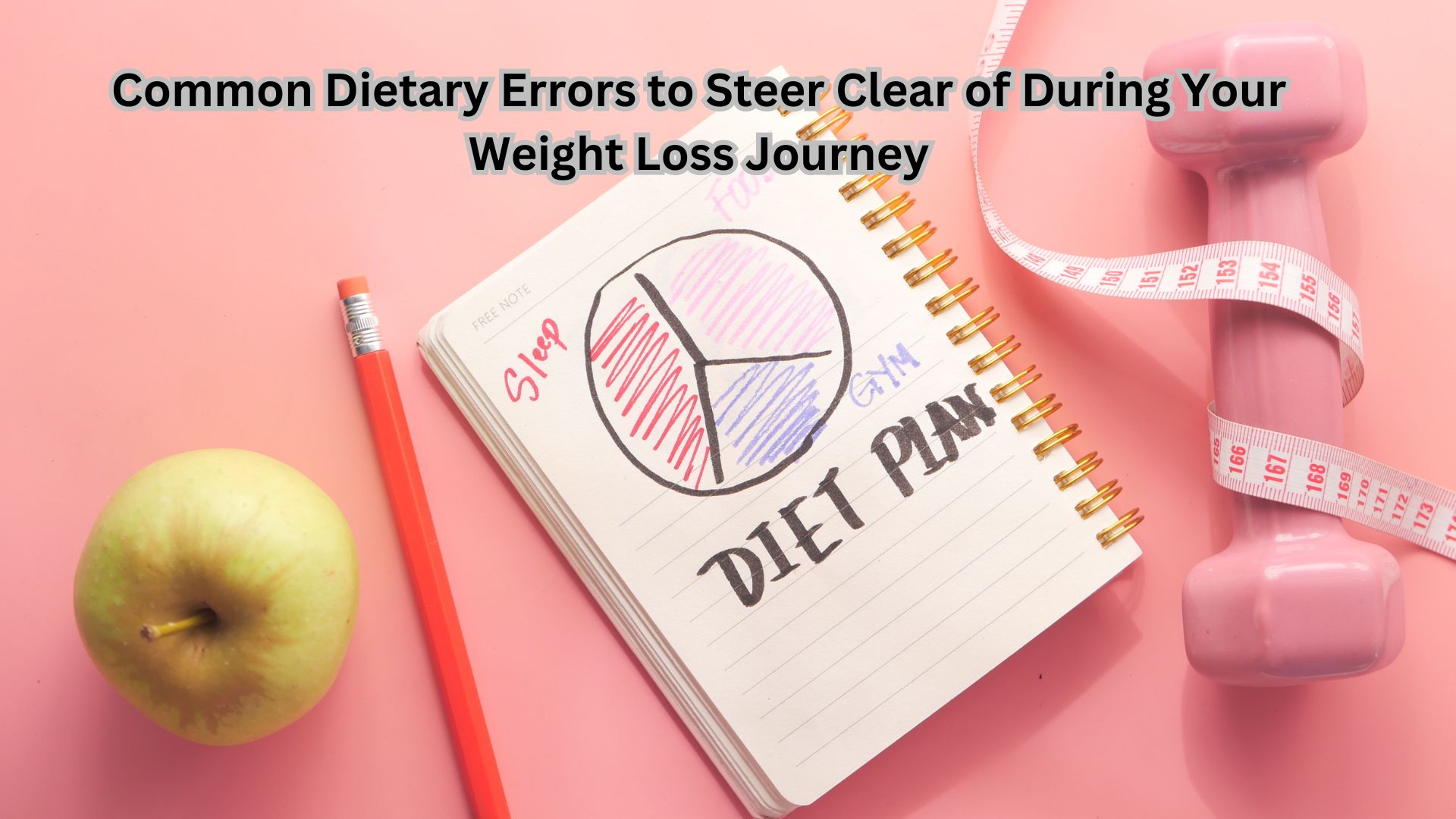
When discussing weight loss, there are a plethora of methods, tips, and tricks available. However, it remains an undeniable fact that weight loss journeys are highly individualized experiences. Factors such as an individual’s Body Mass Index (BMI) and personal preferences significantly influence their approach to weight loss. Amidst the array of strategies, setbacks and errors in dietary choices are common.
Here, we delve into some dietary misconceptions that individuals often make while trying to shed excess pounds, unintentionally hindering their progress.
1. Avoid Crash Diets:
Crash diets, also known as rapid diets, might initially seem promising for quick weight loss. However, they are far from sustainable solutions and may lead to various health complications. The key to successful weight loss is striking a balance in your calorie intake. Sustainable, long-term weight loss should be the goal, not a quick fix.
2. Avoid Skipping Meals:
Skipping meals with the hope of accelerating weight loss is a common misconception. In reality, it can be counterproductive unless balanced with a nutritious diet. Skipping a meal often leads to overeating in the subsequent one, disrupting the weight loss process. Consistency in meal patterns is essential.
3. Do Not Eliminate Entire Food Groups:
While a weight loss regimen may require certain dietary restrictions, completely eliminating entire food groups is not a healthy practice. Nutritionists often recommend balanced meal plans that include a variety of foods. This approach ensures that the body receives all the necessary nutrients for overall well-being.
4. Maintain Adequate Hydration:
Maintaining proper hydration is a fundamental rule for weight loss, exercise, and general health. Water and adequate fluid intake assist in flushing toxins from the body, aid digestion, combat fatigue, and maintain nutrient and electrolyte balance. Neglecting this aspect can impede your weight loss efforts.

5. Emphasize Fiber:
Fiber-rich foods play a pivotal role in digestion, weight management, and nutrient absorption. Overlooking the importance of fiber is a common dietary oversight that can hinder weight loss progress. Including fiber in your diet is crucial for achieving your weight loss goals.
6. Plan Your Meals:
Effective meal planning involves establishing a structured meal schedule, determining portion sizes, and selecting appropriate foods. This strategy prevents hunger pangs and overeating while ensuring that your body receives a balanced array of nutrients. Proper meal planning can significantly enhance your metabolism and expedite the weight loss process.
In addition to these mistakes, consuming sugary beverages and indulging in fried, fatty foods can also undermine your weight loss efforts. It is imperative to approach meals with mindfulness and seek guidance from a professional nutritionist or dietitian who can help design a customized and sustainable meal plan tailored to your specific needs and goals. Remember that the path to successful weight loss is not about deprivation but rather making informed and healthy choices.
